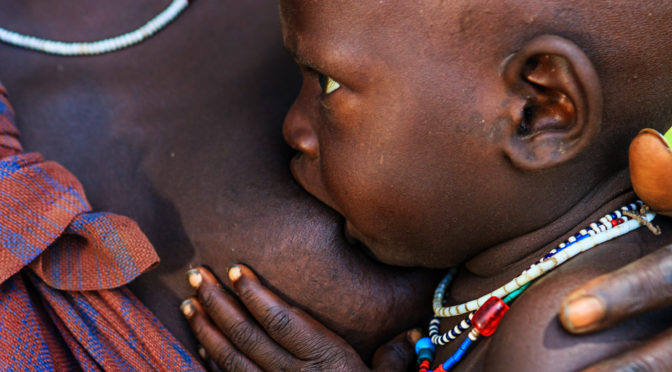Birthdays offer a good opportunity to feel gratitude. For your parents, your ancestors, your friends and teachers. For the people and causes and conditions that have contributed to the richness of your life.
Today, on my birthday, I am thinking of my African grandmothers.
I never met these women. I don’t know exactly where in Ethiopia they were from or how many there actually were. I don’t know their names or whether they are still alive.
What I do know is that the moral courage they humbly exercised in the face of cruelty is something I hope to live up to every day of my life.
My biological grandmother, who was Italian and white, lived in Carsa, an Ethiopian town about four hours by horse from the hospital in Harar. So a couple of weeks before she was expected to give birth to my father, she was taken to the hospital to wait for the baby. It was a clean, two-floor facility run by a team of Italian doctors. Each room housed four women, each with their own mosquito-net-covered bed.
Under Mussolini’s Fascist rule, racial segregation dictated that white women were to be on one floor and black women on the other. I’m not sure where mixed-race women were put.
Somehow, though, friendships among the women were able to cross the lines of apartheid and expecting mothers became friends regardless of the color of their skin and despite the cruelty imposed.
My father was happily born without complications. My grandfather arrived on horseback a few hours later. However, shortly after the celebration, my grandmother developed an infection in her milk duct that required an immediate operation.
When she was left without the ability to feed her baby, several women quickly offered to share their breasts – Ethiopian women – the same ones that endured the segregation. These were the ones who “struck back” with love in the face of hate, putting the life of a baby and their feelings of compassion towards him, ahead of any sense of anger or hurt they might have felt for the injustice inflicted by his government. The women fed my father for months. And as we know, milk turns into blood, so when I tell this story to my daughter I tell her that this is how she got her African blood.
Today as I think of how I want to live the rest of my life, I am inspired by these courageous women, and how they chose to do the right thing even in the face of oppression. They taught me that no matter what the circumstances are, I always have the choice of acting out of love rather than acting out of fear.
As storytellers on a mission – you can choose to practice and develop your moral courage and weave it into your stories. I would argue there is nothing your audience is aching for more.
What stories of moral courage will you tell?

